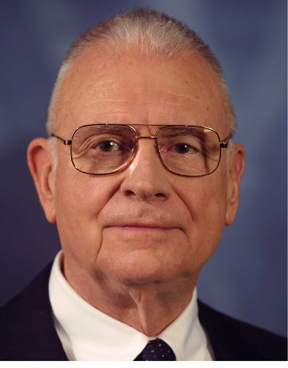
Congress has developed a fondness for open letters when it comes to Iran. First came the warning shot signed by 47 Republican Senators that touched off a storm of criticism. Not to be outdone, the House checked in with its own bipartisan and more diplomatically stated letter to the President, warning that its members must be satisfied with any agreement before they’ll vote to reduce sanctions.
What lies behind these moves? I think Congress feels left out of foreign policy-making.
I have considerable sympathy for this impulse. Over the decades, too much power has drifted to the President when it comes to foreign affairs. The Congress has been deferential, even timid, in allowing this to happen. And the President has not done a sufficient job of consulting with Congress.
Yet much as I want to see Congress speak up on foreign policy, how it does so matters. The Senate’s letter to Iran was ill-considered and unhelpful. Its purpose was to defeat the nuclear negotiations and it undercut the President while he was trying to negotiate a deal with another world leader.
The letter did focus appropriately on presidential use of executive orders to conduct foreign policy, but it wrongly suggested that an executive order on Iran is likely to be reversed by a future president. Presidential deals with other countries are rarely overturned by their successors.
Yet the fact that a president can act on his own does not mean that he should do so. The reliance on executive orders means we have no clear mechanism, or even requirement, for the President to consult and work with Congress on foreign policy. And that’s crucial. The President and the Congress need to consult regularly and in depth before problems come to a head. Sustained and respectful consultation would go a long way toward avoiding the acrimonious contention over foreign policy that we’ve seen of late.
Congress’s bid to reopen this question is not, in and of itself, a bad thing. But if the President and the Congress want to avoid these flare-ups and strengthen the nation’s foreign policy, they should exercise in-depth, sustained consultation.
Lee Hamilton is Distinguished Scholar, Indiana University School of Global and International Studies; Professor of Practice, IU School of Public and Environmental Affairs; and Chairman, Center on Congress at Indiana University. He served as U.S. Representative from Indiana’s 9th Congressional District from 1965-1999.
Lee H. Hamilton





